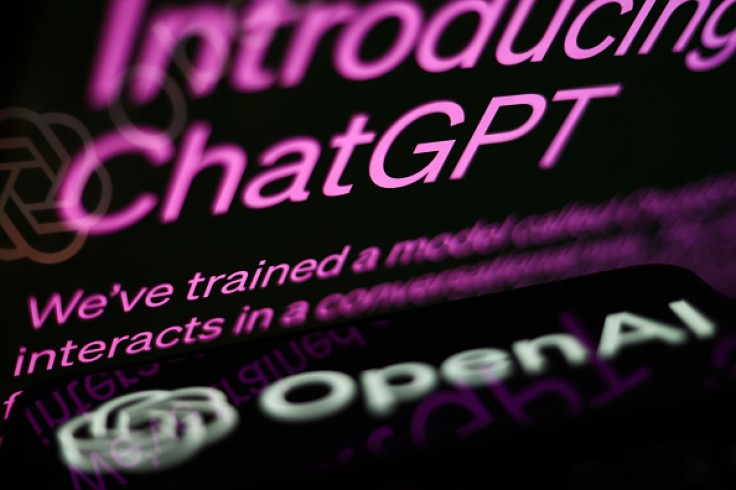OpenAI bared its plans to expand its work with outside organizations by collecting data from a broader range of languages and cultures to train AI models.

Read Also : 5 Tips to Maximize ChatGPT for Beginners
OpenAI Seeks More Inclusivity
The AI company stated on Thursday that it is working to form data partnerships with various groups and communities with the goal of gathering large quantities of data that would "reflect human society." Large language models like GPT-4 feed on huge amounts of data from the internet in order to generate human-like responses to its users.
However, it is limited since not all information online is culturally accurate. Most importantly, communities that have little to no online presence are often omitted by AIs due to a lack of resources.
"We really think every single language, every single human endeavor and activity, is something that can benefit these models," OpenAI president Greg Brockman shared with Bloomberg News. The company also believes that it is a "two-way street," the more data representation you get, the more performative the model becomes.
OpenAI revealed that it is targeting to include text, images, audio, and video that are not easily accessible to the general public online. In fact, the company has already worked with various partners in order to build these types of training data.
For instance, OpenAI has been working with Iceland's government and tech company Miðeind ehf. The partnership enables GPT-4 to take Icelandic prompts and respond to them both in English and Icelandic, depending on the context.
OpenAI's Plans Can Reduce Biases, Misinformation Responses
Despite its impeccable intelligence, AI models are still capable of generating biases and misinformation responses. With the help of OpenAI's plan, it is possible that such concerns will lessen as the AI models learn more topics. Big tech companies such as Microsoft and Google have already tapped third-party providers in order to fill the gaps in various languages.
When asked about the possible payout for organizations that would contribute data to OpenAI, Brockman simply stated that it would be "extremely partner-specific." Regardless, the effort seemed to be a great idea to improve the services of the AI models.
Most importantly, this will foster more representation of the world and make these robots more "human-like" in terms of their assistance.
Related Article : OpenAI Introduces GPT-4 Turbo, Cheaper Option









